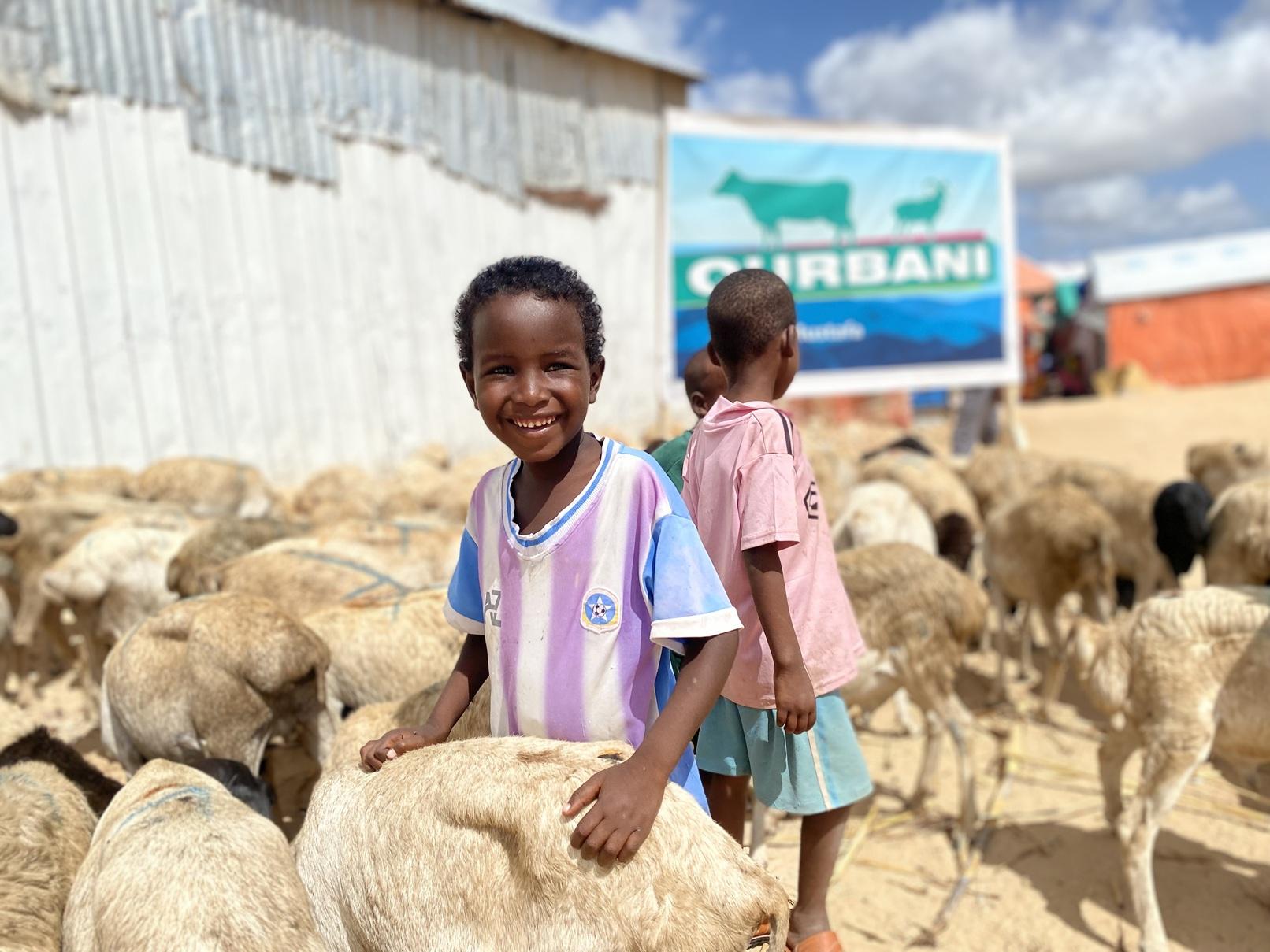Why Children Form Emotional Bonds with Qurbani Animals
Children are tender-hearted. They love easily, trust quickly, and form bonds that adults often overlook. When a child receives a Qurbani animal and begins spending more time with it, caring for it daily, the attachment is inevitable. To the child, the animal is a living, breathing friend rather than only part of an act of worship. So, on Eid day, the grief can feel overwhelming.
Many children feel sadness, confusion, or even anger, unable to understand why someone they love must be taken away. This is where a parent's role emerges. Here are some suggestions for controlling or avoiding such situations and helping a child understand the value of Qurbani.
Start the Conversation Early and Be Honest
Many parents avoid discussing Qurbani with children until the last moment, hoping to shield them from sadness. But children are observant, and they notice everything: the serious faces, the hushed tones. Instead of avoiding the topic, start talking about it gently, days or even weeks before Eid.
Use simple, loving language. In front of a child, frame Qurbani as a gift, not a loss. Let the child know it is normal to feel sad when we are sacrificing something we love, and that feeling of love is part of what makes the sacrifice more meaningful.

Tell them the story of Prophet Ibrahim (A.S.) and Ismail (A.S.)
Stories open hearts and make children understand and relate. Tell your child about Prophet Ibrahim (A.S.), how Allah tested him with the hardest sacrifice, and how he passed with faith and love. Share how young Ismail (A.S.) also trusted Allah completely. Children relate to other children. Let them see that this act is not about loss but about faith, trust, and obedience to Allah. Encourage questions. Let the discussion be warm, honest, and full of empathy.
Let Your Child Be Involved in the Qurbani Journey
When children are part of the process, they feel more empowered and confident. Let your child help feed the animal and decorate it. Ask them to make dua for the animal’s health. Before the sacrifice, explain that the animal will go to people who do not have food. Let them help pack meat or give a small Sadaqah with their own hands. These actions provide purpose to the process and show that the animal’s life is helping others.
Respect Their Emotions without Judgment
If your child cries or seems angry, do not say, “It’s just a goat,” or “You shouldn’t be upset.” Instead of this, it is better to say: “I know you loved it. That love made our sacrifice more special.” Give them space to grieve. Their emotions are valid. Your acceptance will help them process those feelings.
Create Positive Eid Memories with your child.
Balance the emotion with joy: Dress up on Eid day. Cook and eat as a family. Visit relatives.
Start the Conversation Early and Be Honest
Share meat with those in need. Give charity in your child’s name. This helps your child associate Qurbani with kindness, faith, and celebration, not just loss.
Passing On the Spirit of Sacrifice to the Next Generation
world experience Eid without a meal, without the Eid joy we often take for granted. Describe to your child how giving Qurbani can create a ripple effect, feeding thousands of people and earning endless rewards from Allah (SWT). Let your sacrifice this Eid al-Adha carry love, compassion, and purpose.





